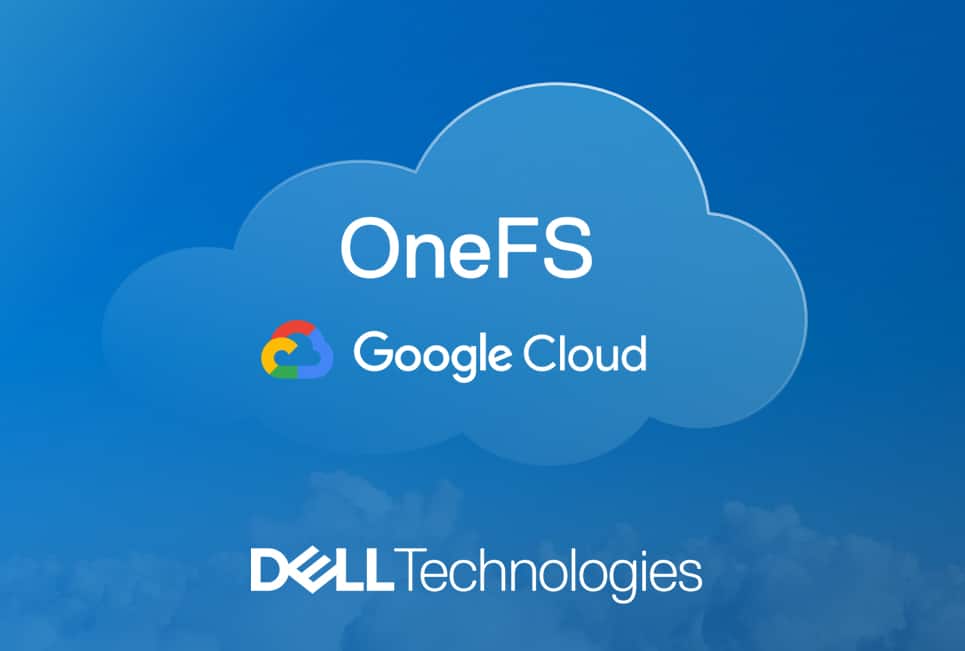Today, Dell Technologies announced that it has teamed up with Google Cloud to launch Dell Technologies Cloud OneFS for Google Cloud. This new technology offers what the companies are calling a simplified management of private and public cloud storage to help control exponential data and application growth and ease the flow of files across their private clouds and Google Cloud. Dell is also announcing other Dell Technologies Cloud advancements.
Today, Dell Technologies announced that it has teamed up with Google Cloud to launch Dell Technologies Cloud OneFS for Google Cloud. This new technology offers what the companies are calling a simplified management of private and public cloud storage to help control exponential data and application growth and ease the flow of files across their private clouds and Google Cloud. Dell is also announcing other Dell Technologies Cloud advancements.
Data keeps growing and applications seem to be getting more complicated. Not only is data growing, but it is growing at different places (edge versus core) at different rates. Leveraging the cloud, and specifically the hybrid cloud, can help customers move workloads and data around to where value can best be extracted. Utilizing multiple clouds is another way to have the best of all worlds as users can pick the strengths of different clouds to use on their data and applications. This is where Dell Technologies Cloud and Google Cloud come in.
File data makes about half of all on-prem data in most organizations. The two above companies are partnering to deliver a hybrid cloud for file storage. Dell states that OneFS for Google Cloud combines the scalability and performance of Dell EMC Isilon with Google Cloud’s analytics and compute services through a native cloud experience that uses the same core software. So, if an organization had a workload in an on- premises Dell Technologies file storage system, they can now easily move and access it on Google Cloud without having to make changes or adjustments. These workloads can be as large at 50PB.
On top of this, Dell is also introducing and improving capabilities in its Dell Technologies Cloud. These changes are specifically aimed at reducing the barrier of entry and improving overall capabilities for hybrid cloud deployments. In order to do this, Dell will be integrating infrastructure and services across its various portfolios.
One of the advancements is support for containerized workloads and VMs on the same Dell EMC VxRail infrastructure. This path to Kubernetes is brought about through an integration of VMware Cloud Foundation 4 and Dell EMC VxRail into a single solution, enabling a consistent approach across all cloud locations.
Another roadblock on adopting a hybrid cloud approaching is not knowing how much of one might need. In order to quell fears, the company is offering a Dell Technologies Cloud Platform subscription model and deployment services, available through Dell Technologies On Demand. In as little as two weeks companies can be up and running. The service come with new node configuration options that include as few as four nodes lowering the cost and footprint.
Along with containers and subscription models, Dell is offering the next-generation of VMware Cloud on Dell EMC featuring an enterprise scale, 42 rack unit infrastructure, doubling the amount of supported processor cores, memory options and NVMe all-flash storage.
Engage with StorageReview
Newsletter | YouTube | Podcast iTunes/Spotify | Instagram | Twitter | Facebook | RSS Feed

